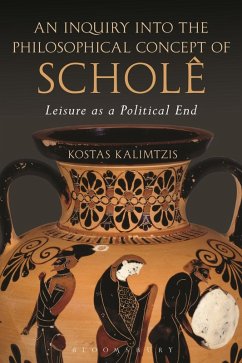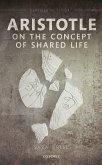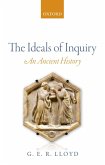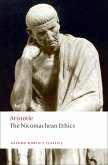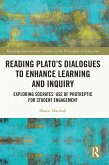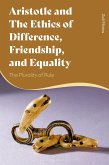Though the ancient Greek philosophical concept of scholê is usually translated as 'leisure', there is a vast difference between the two. Leisure, derived from Latin licere, has its roots in Roman otium and connotes the uses of free time in ways permitted by the status quo. Scholê is the actualization of mind and one's humanity within a republic that devotes its culture to making such a choice possible. This volume traces the background in Greek culture and the writings of Plato of a daring proposal presented by Aristotle, that scholê is a principle for political organization.
The concept of scholê by and large did not survive Aristotle. To sharpen our understanding of scholê the book goes on to identify the concepts of leisure which we have inherited from the intellectuals of the Hellenistic and Roman empires and the early Church Fathers. Scholê also had its contrary ascholia - busyness - which Plato described as a social and psychological pathology and his analysis suggests why, due to these ills, current visions of a leisure society are highly unlikely.
The concept of scholê by and large did not survive Aristotle. To sharpen our understanding of scholê the book goes on to identify the concepts of leisure which we have inherited from the intellectuals of the Hellenistic and Roman empires and the early Church Fathers. Scholê also had its contrary ascholia - busyness - which Plato described as a social and psychological pathology and his analysis suggests why, due to these ills, current visions of a leisure society are highly unlikely.

